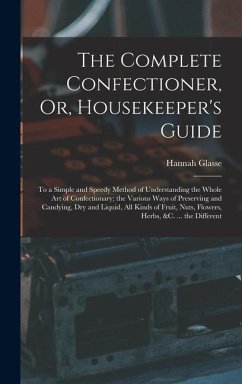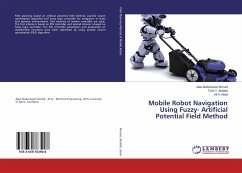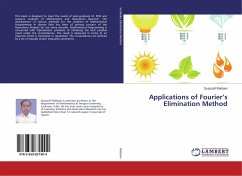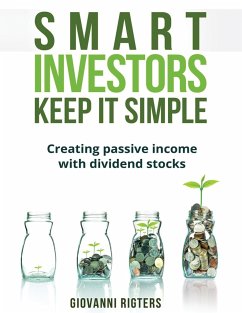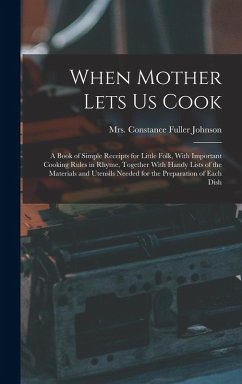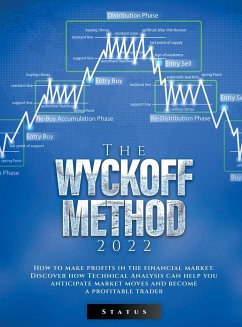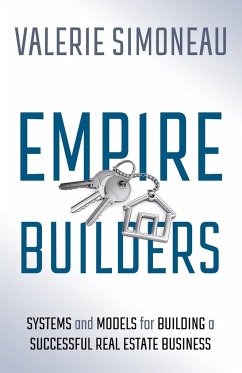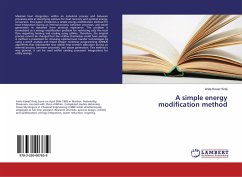
A simple energy modification method
Versandkostenfrei!
Versandfertig in 6-10 Tagen
24,99 €
inkl. MwSt.

PAYBACK Punkte
12 °P sammeln!
Maximal heat integration within an industrial process and between processes aims at identifying options for heat recovery and optimal energy-conversion. This paper introduces a simple energy modification method for heat integration during an internal process, between processes, and steam generation as obtained from practical experience. The problem is formulated as a energy modification problem for restricting only the heat flow regarding heating and cooling using utilities. Therefore, the original process cannot be changed but the utilities themselves could have savings. A method is presented...
Maximal heat integration within an industrial process and between processes aims at identifying options for heat recovery and optimal energy-conversion. This paper introduces a simple energy modification method for heat integration during an internal process, between processes, and steam generation as obtained from practical experience. The problem is formulated as a energy modification problem for restricting only the heat flow regarding heating and cooling using utilities. Therefore, the original process cannot be changed but the utilities themselves could have savings. A method is presented for choosing optimal heat transfer technologies by using a pinch analysis and mixed integer nonlinear programming (MINLP) algorithms that represented near global heat transfer allocation during an internal process, between processes, and steam generation. This method is very general, it can be used within existing processes' integrations for utility savings.



